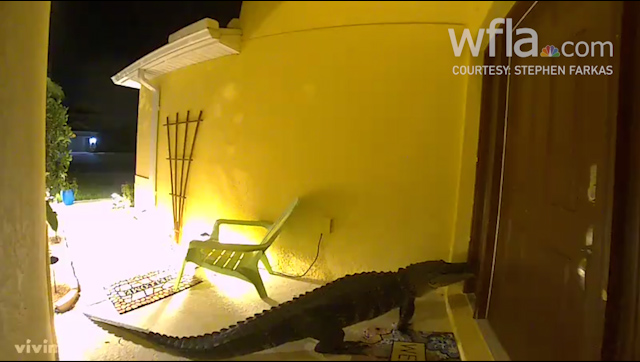RICHMOND, Va. (WRIC) — The Pentagon is home to the US Department of Defense but 20 years ago, it was defenseless against a hijacked airplane. In the iconic building’s darkest hour, service members took action and answered the call to respond.
When men and women swear the oath to defend our nation, they’re prepared to face any danger this country may face, even if it comes right to their doorstep.
On Sept. 11, 2001, Daniel Faul was a petty officer second class working for the secretary of the Navy. His office was at the Pentagon. At 8:46 a.m., he learned about a plane slamming into the north tower of the World Trade Center.
“You weren’t used to such brazen attempts on our country, so our first inclination was it was a Cessna, a small plane,” recalled Faul.
Faul went on with his workday, even grabbing coffee with friends. But over the next 51 minutes, the overall mood at the Pentagon changed.
“I’m hearing chatter coming from people I know. And I’m hearing, not an accident, something else is inbound,” he said.
At 9:37 a.m., the world stopped.

“I heard a loud explosion and at first I stopped, and my ears were ringing terribly. And I turned around and I see people running out of their office, scrambling in all directions,” said Faul.
The Pentagon was in chaos.
“The smoke was just pouring down the corridors you could just see the aftermath, people were scrambling, some were, what looked like burned uniforms, they were tattered, soot marks,” he recalled.
“I turned around and the plume, the column of smoke was immense, and you could feel droplets raining down on you. We all speculated, ‘Is it water from the firefighters? Is it jet fuel, probably a combination?'”
Faul and thousands of others made their way to safety.
“For the first time in my military career, there wasn’t a confident set of orders because it was like…what do you say? Where do you go?” He said. “The fighter jets from Andrews were screaming over top. You can replay it and there’s no movie that does it justice.”
He suffered from smoke inhalation and a torn ligament. But much worse, he lost some of his friends, including one he just had coffee with a couple of hours prior.
Undeterred, Faul and many others went right back to work the next day, while firefighters were still on scene.
“The building never stopped operating,” he said.
The Pentagon was still smoldering but Faul and a group of Marines went into the charred offices to assess the damage and remove confidential information.
He had to wear a breathing apparatus and a heat monitor.
“We looked around and you could see smoke and activity where the building had collapsed. And you could see the water coming in and you could see all the efforts and it was like looking down through a kaleidoscope and just seeing everything happening on the other end,” he recalled.

“What had been shock turned into anger, turned into wonder because we still didn’t know who got out, who didn’t get out.”
The mission didn’t end there. Faul and many others immediately answered the call to serve at ground zero.
They were assigned to the hospital ship, the USNS Comfort.
“It’s human nature to want the best result, so the ship was outfitted and prepared to be a rescue operation.”
But it quickly converted into a recovery mission. Faul spent three weeks in the shadow of the trade centers’ ruins helping doctors and first responders.
“What makes us great is that it’s in those moments that we, who are still here rise up and what we like to say in the military – stand in the gap,” he said.
Faul and his fellow servicemen were determined to continue serving the country. For them, it was a show of respect to their fallen brothers and sisters.
“My decision and the decision of a lot of us was we’re going to go back, we’re going to rebuild and we’re going to continue the mission. The mission our colleagues didn’t get to because they were doing their jobs.”
That dark day will forever stick with Faul, but he doesn’t focus on the negative. He remembers it as a time when the military stood up to a challenge and succeeded.

